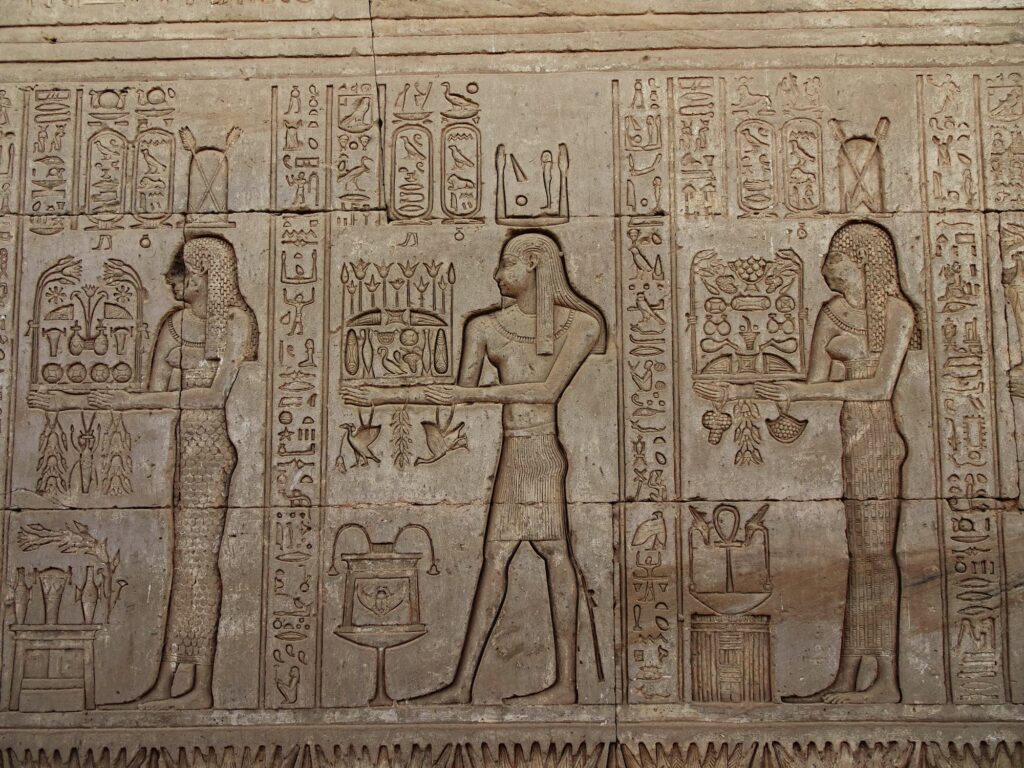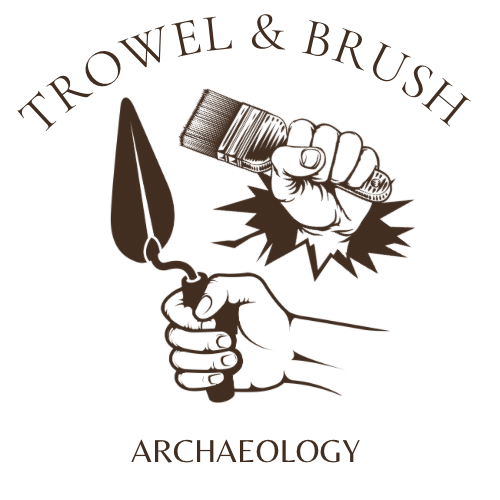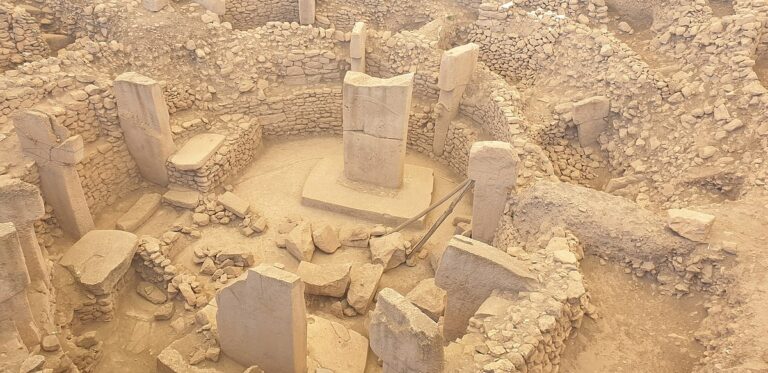Food and Drink in Egyptian Antiquity
Egyptian antiquity, with its magnificent pyramids, sacred temples, and cryptic hieroglyphics, was also home to a rich and diverse culinary culture.
The fertile lands of the Nile Delta, combined with the Egyptians’ innovative agricultural techniques, resulted in an abundance of food sources that were both nutritious and culturally significant.
Let’s embark on a journey to explore the foods and drinks that shaped this ancient society.
Nourishing the Land of Pharaohs
The banks of the Nile provided a fertile haven where various crops flourished. Staples of the ancient Egyptian diet included emmer wheat and barley, which were used to make bread and beer, respectively. They cultivated an array of vegetables like leeks, garlic, lettuce, and cucumbers, and fruits such as dates, figs, and pomegranates.
Fishing was vital in the Nile, offering catfish and tilapia, while fowling provided birds like ducks and geese. Domesticated animals such as cattle, sheep, and goats were reared primarily for dairy and meat, but were often reserved for special occasions or religious ceremonies.

Culinary Practices and Ceremonial Feasts
The daily Egyptian meal was straightforward: bread, accompanied by vegetables or fruit, and beer. Beer was a staple drink, consumed by both the elite and the commoners. It was thick, with a consistency close to modern porridge, and often flavored with herbs or spices.
Festivals and religious ceremonies were crucial to Egyptian life. During these events, the menu was expansive, featuring meat dishes, pastries sweetened with honey, and wine. The significance of food in religious rites was evident, as offerings to deities often consisted of food items.

A Taste of Egyptian Antiquity: Date and Honey Cake
Curious about the flavors of ancient Egyptian cuisine? Try the Ancient Egyptian Honey & Date Cake, a recipe that hails from the era of Ramses III.
Ingredients:
- 1 cup of dates, pitted and chopped
- 2 tbsp honey
- 1 cup of flour (preferably emmer wheat flour, but whole wheat can be a substitute)
- 1/2 cup of water
- 1/4 cup of chopped nuts (almonds or walnuts)

For a fantastic video tutorial and captivating commentary by 2 Egyptologists, check out Curtis Ryan Woodsides’ video on YouTube.
Instructions:
- Preheat your oven to 175°C (350°F).
- In a bowl, mix the dates, honey, and a little water into a smooth paste.
- Gradually add the flour, remaining water, and nuts, mixing until it forms a soft dough.
- Shape the dough into small flat cakes and place them on a baking sheet.
- Bake for 15-20 minutes or until they turn golden brown.
- Allow to cool before serving.
The ancient Egyptians’ food practices, with their focus on grains and reverence for the Nile’s bounties, provide invaluable insights into a society that venerated both the land and its offerings.
From daily sustenance to ceremonial feasts, the culinary traditions of the Nile continue to enchant and inspire, reminding us of the enduring connection between food, culture, and spirituality.
Check This Out
“Fun Fact: Did you know that ancient Egyptians are credited with being among the first to practice beekeeping? They revered honey not only for its sweetness but also for its medicinal properties. Hieroglyphs depict beekeeping activities, and honey was often used in offerings to the gods. So, when you savor that Ancient Egyptian Honey & Date Cake, you’re tasting a legacy that was cherished thousands of years ago along the banks of the Nile!”
If this trip through Egyptian culinary history piqued your curiosity, don’t miss out on exploring the gastronomic tales of Greek antiquity. Dive deeper by clicking the button below!







